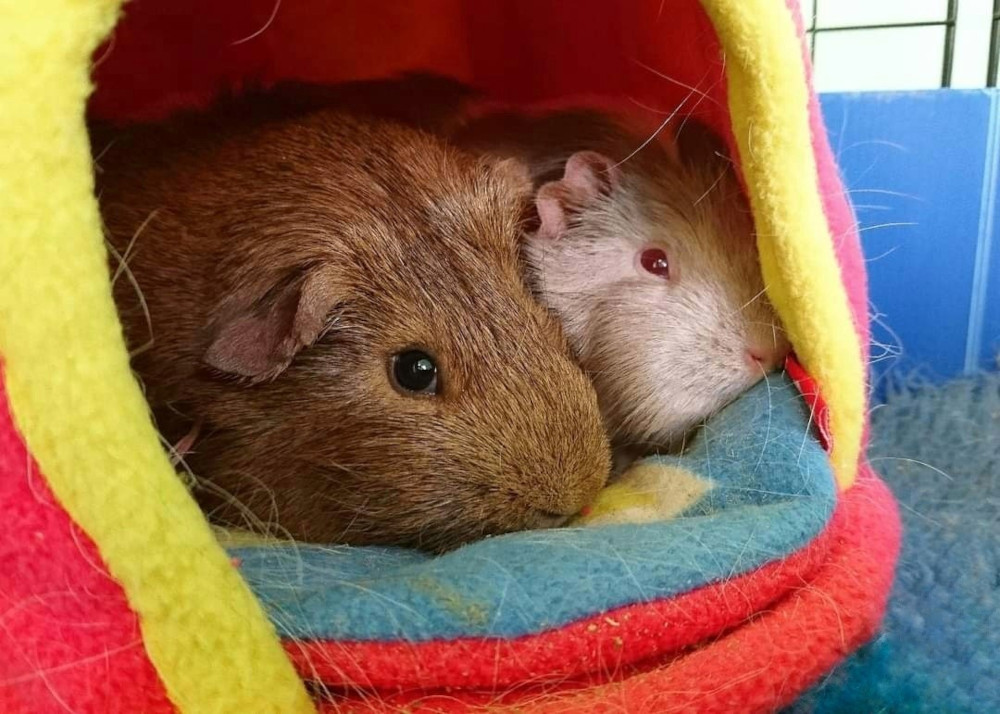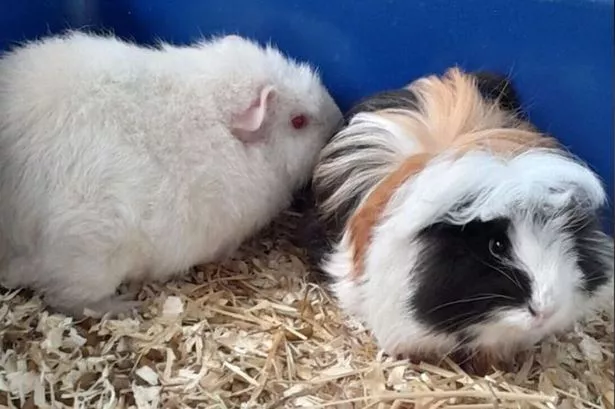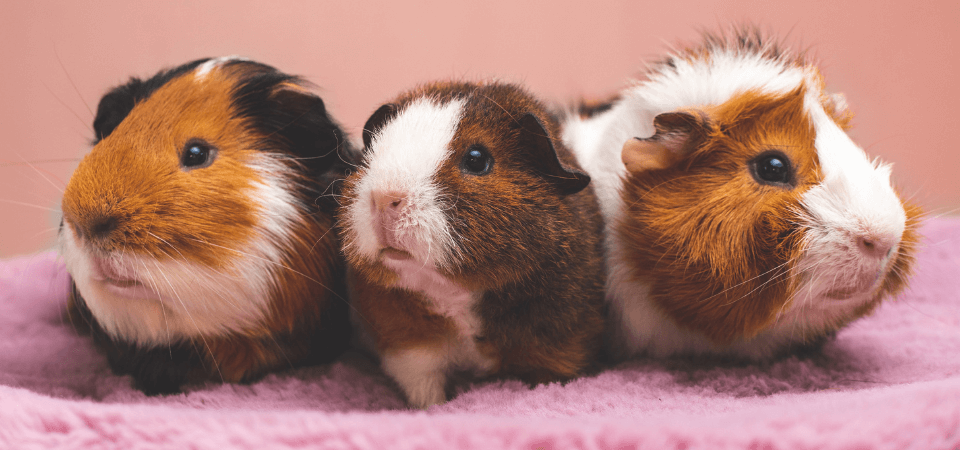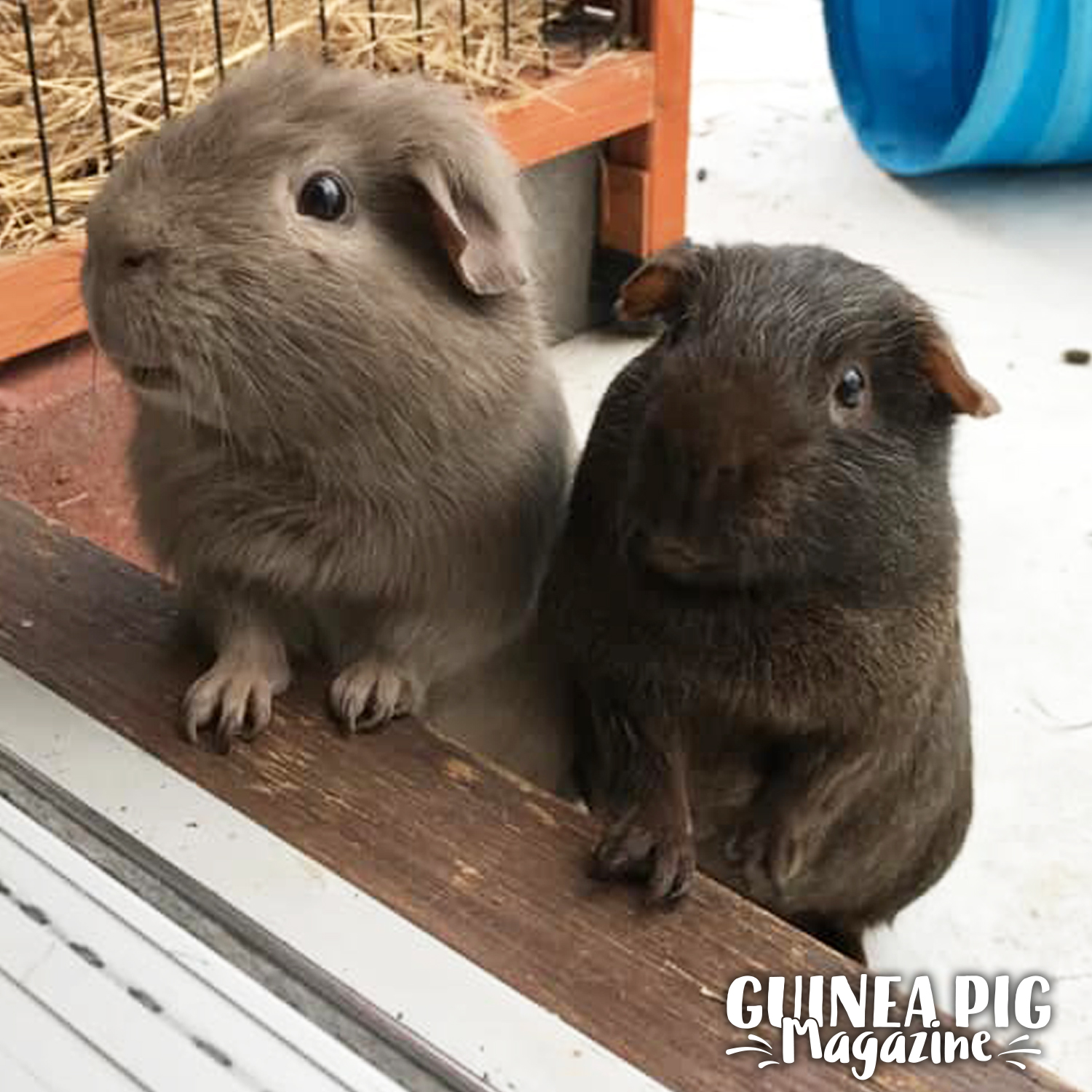Guinea pigs are adorable and lovable pets that bring joy and companionship to many households. However, like all living creatures, they have a finite lifespan. As pet owners, it is important to know how to recognize the signs that your guinea pig may be nearing the end of their life. This knowledge can help you prepare for their passing and make their final days as comfortable as possible. In this article, we will discuss the physical, behavioral, and other signs that may indicate your guinea pig is dying.
Seemore: Can Guinea Pigs Eat Asparagus? – A Complete Guide
Contents
Physical Signs

The following physical signs may indicate that your guinea pig is nearing the end of their life. It is important to note that these signs may also be indicative of other health issues, so it is always best to consult with a veterinarian for a proper diagnosis.
Lethargy and Loss of Appetite
One of the most common signs that a guinea pig is dying is a sudden lack of energy and interest in food. A healthy guinea pig is usually active and curious, but a dying guinea pig may become lethargic and lose their appetite. They may also stop drinking water, which can lead to dehydration.
Weight loss is also a common occurrence in dying guinea pigs as they lose interest in eating. If you notice that your guinea pig has lost a significant amount of weight in a short period of time, it may be a sign that they are nearing the end of their life.
Difficulty Breathing
A guinea pig that is struggling to breathe may have a rapid or shallow breathing pattern. You may also notice that their lips or gums have a bluish tint, which is a sign of oxygen deprivation. This can be caused by various health issues such as respiratory infections or heart problems. If your guinea pig is having difficulty breathing, it is crucial to seek immediate veterinary care.
Incontinence
As a guinea pig nears the end of their life, they may lose control of their bladder and bowels. This is due to their weakened state and can be distressing for both the guinea pig and their owner. It is important to keep your guinea pig’s living area clean and provide them with extra bedding to make them more comfortable.
Cold Body Temperature
A dying guinea pig will likely have a lower body temperature than usual. You may notice that their ears, feet, and tail feel cold to the touch. This is because their body is shutting down, and they are unable to regulate their body temperature effectively.
Behavioral Signs

In addition to physical signs, there are also behavioral changes that may indicate your guinea pig is dying. These changes may vary from guinea pig to guinea pig, but it is essential to pay attention to any sudden shifts in behavior.
Hiding
Guinea pigs are prey animals, and when they are sick or weak, they may seek out hiding places to protect themselves. If your guinea pig is spending more time in their hideout than usual, it may be a sign that they are not feeling well.
Isolation
Similar to hiding, a dying guinea pig may isolate themselves from the rest of their group. This is a natural instinct as they may not want to show weakness to other guinea pigs. They may also become more withdrawn and less interested in interacting with their human companions.
Changes in Sleeping Patterns
A dying guinea pig may sleep more or less than usual. Some guinea pigs may become more lethargic and spend most of their time sleeping, while others may have difficulty sleeping due to discomfort or pain. If you notice a significant change in your guinea pig’s sleeping patterns, it is best to consult with a veterinarian.
Lack of Interest in Surroundings
A dying guinea pig may lose interest in their surroundings and stop responding to stimuli. They may not react to their favorite treats or toys, and they may seem uninterested in their usual activities. This is a sign that they are not feeling well and may be nearing the end of their life.
Vocalizations
Guinea pigs are generally quiet animals, but a dying guinea pig may make unusual vocalizations. These can include wheezing, squeaking, or even crying out in pain. If you notice any of these sounds, it is crucial to seek veterinary care immediately.
Other Signs

In addition to physical and behavioral signs, there are also other signs that may indicate your guinea pig is dying. These signs may not be as obvious, but they should still be taken seriously.
Bloody or Cloudy Urine
If you notice that your guinea pig’s urine is bloody or cloudy, it may be a sign of a urinary tract infection or other underlying health condition. It is essential to monitor your guinea pig’s urine regularly and consult with a veterinarian if you notice any changes.
Conclusion

As a pet owner, it can be heartbreaking to see your beloved guinea pig nearing the end of their life. However, knowing how to recognize the signs that your guinea pig is dying can help you prepare for their passing and make their final days as comfortable as possible. It is crucial to seek veterinary care if you notice any of the signs mentioned in this article, as early intervention may improve your guinea pig’s quality of life. Remember to cherish every moment with your furry friend and provide them with love and care until the very end.
